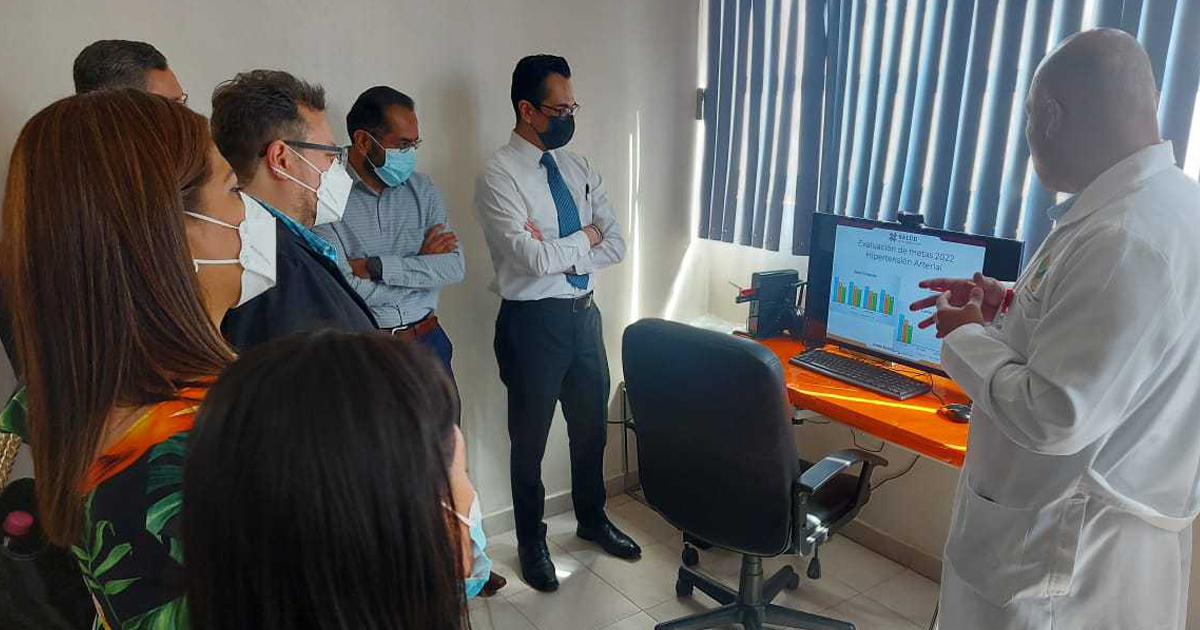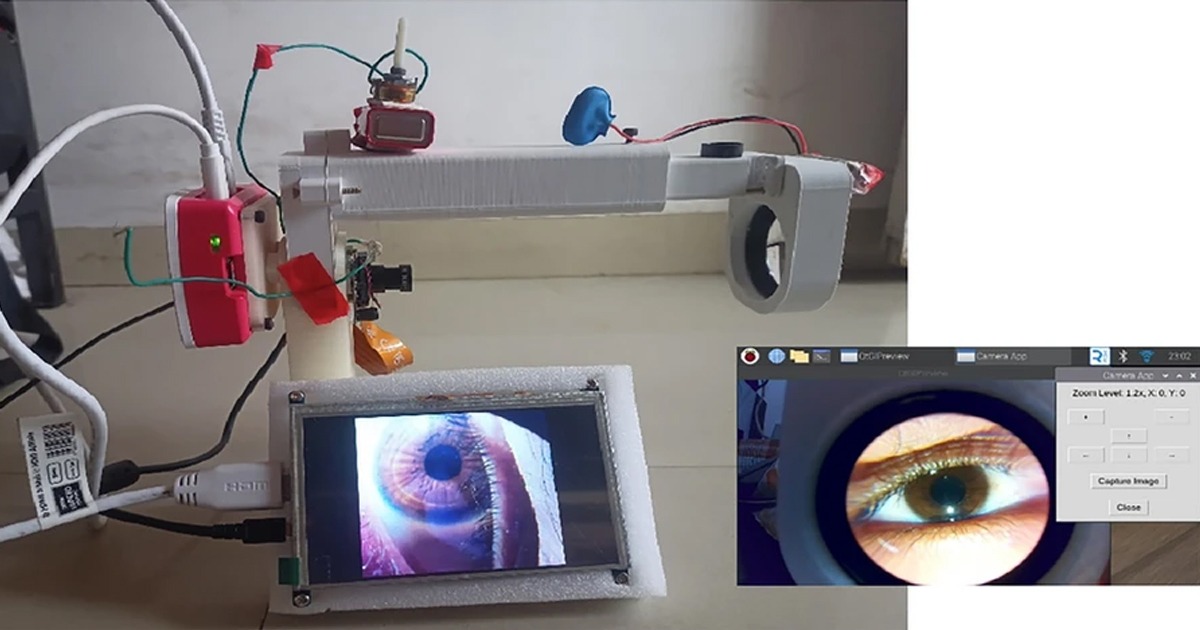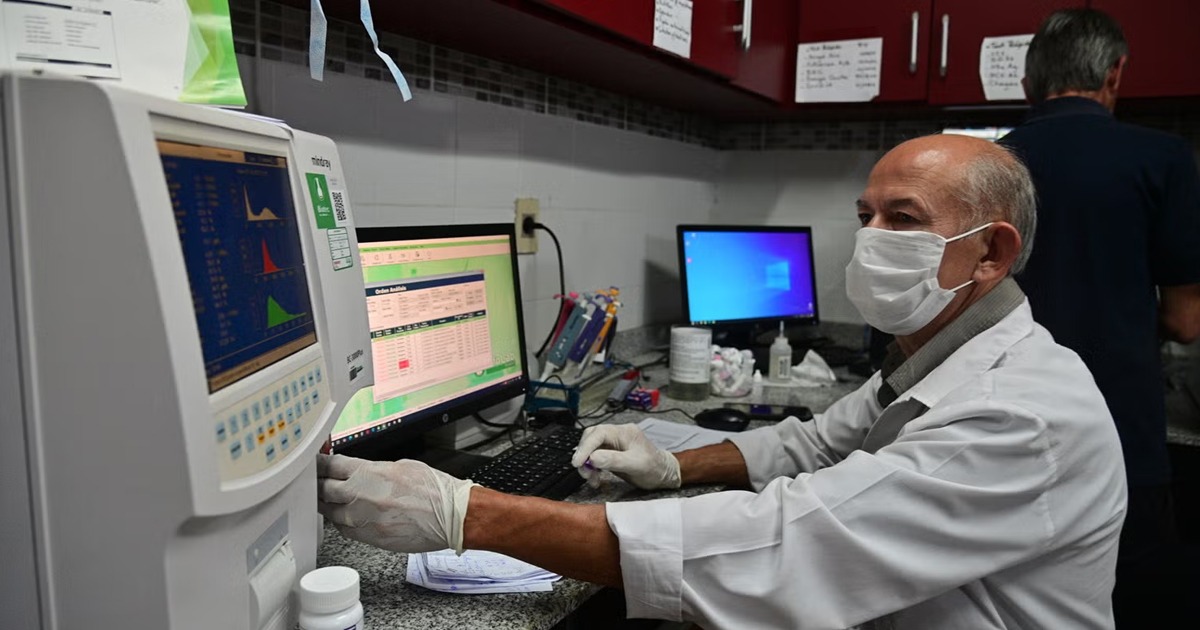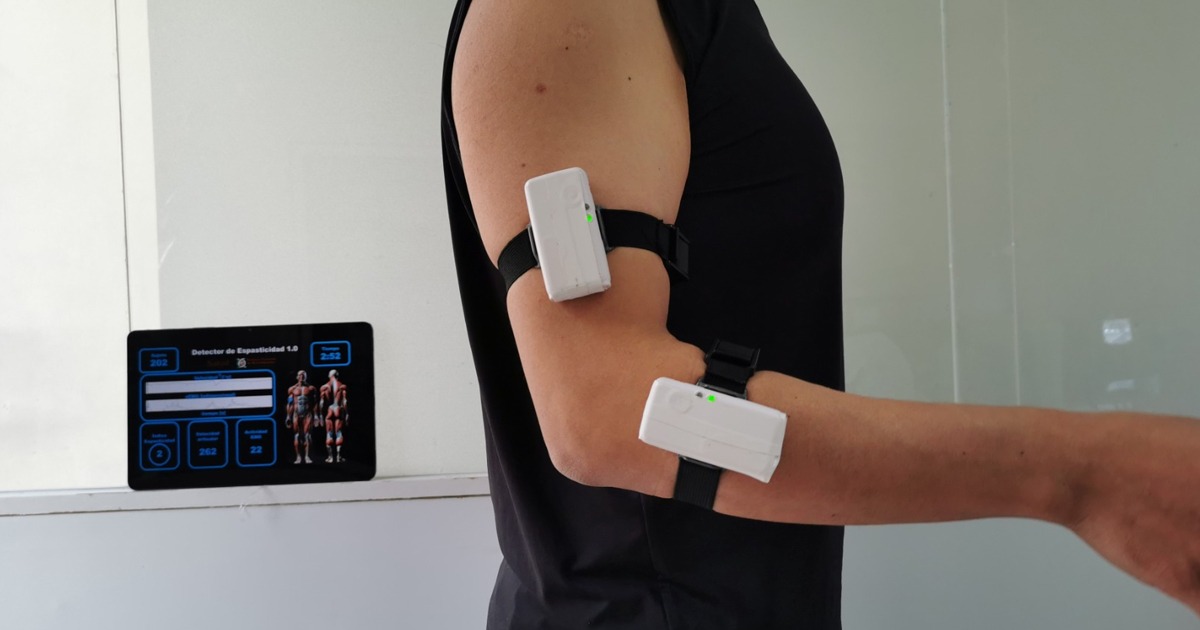Anticipándose a los problemas renales agudos que atañen a gran cantidad de la población mundial, se implementa Artificial Intelligence que maximiza los procesos de prevención hasta un par de días antes del colapso.
The company deep mind, dedicada al desarrollo de Artificial Intelligence (AI), está trabajando junto con 26 médicos del Servicio Nacional de Salud británico (NHS) para combatir los problemas de riñón. Con este objetivo se utiliza Streams, una aplicación que recopila información médica relevante, la procesa para detectar alguna anomalía y prioriza para actuar sin demora con el fin de adelantarse a futuras enfermedades.
Los algoritmos que trabajan en este sistema arrojan los resultados para que las clínicas correspondientes elaboren un prediagnóstico gracias al acceso a datos importantes como signos vitales e historial médico de los pacientes.
The high-prestige journal, Nature, indicates that Streams tiene 55.8% de efectividad y es capaz de predecir lesiones renales 2 días antes de que aparezcan.
Gracias a esta AI, se puede hacer un trabajo preventivo y no solamente reactivo, permitiendo una reducción en costos de tratamiento del 17%.
Para el estudio se tomaron las muestras de 703,782 adultos; con una base de datos de más de 600,000 indicadores diferentes tales como:
- Análisis de sangre
- Authorized treatments
- Historial clínico
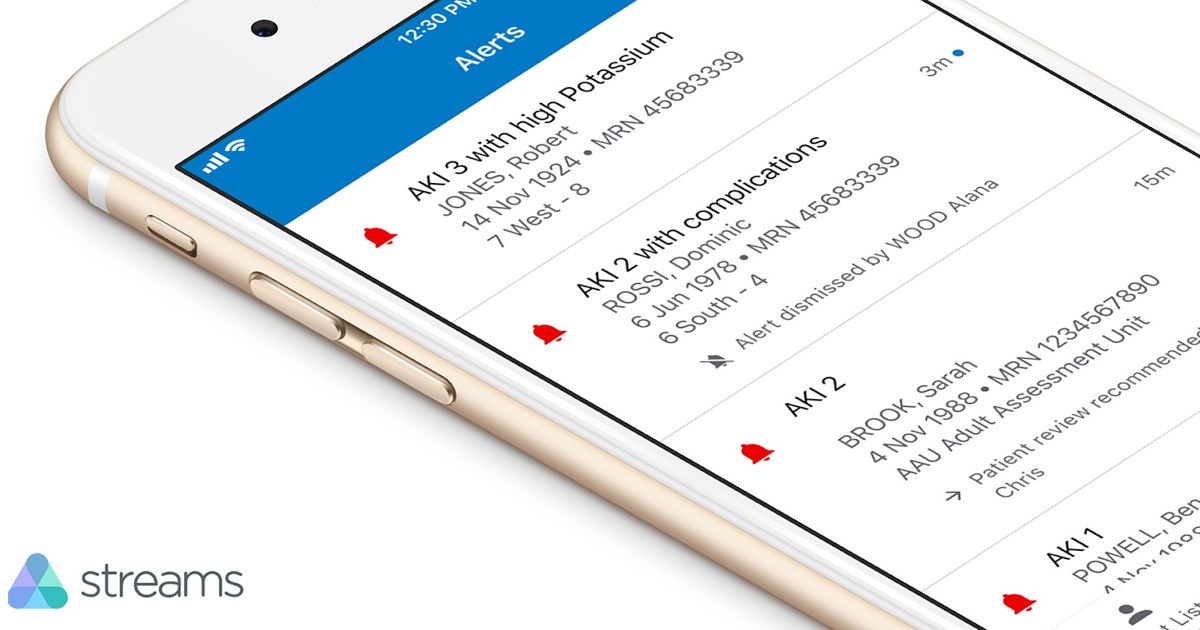
The algorithm trabaja con base en los datos que se introdujeron, se hace una medición de su peligrosidad y una medición predictiva de futuros inconvenientes en el riñón; así los especialistas podrían anticiparse hasta dos días antes de que aparezca la enfermedad y comenzar a utilizar tratamientos específicos como los son ciertos fluidos intravenosos y diuréticos.
El riñón es un órgano indispensable que trabaja en la limpieza de la sangre y, con ayuda como la aplicación de Artificial Intelligence de Streams, se espera que tratamientos convencionales –como la diálisis- se reduzcan en uso y costo. También se espera mejorar el sistema, ya que está en una etapa temprana y aún hay campos de intervención que abordar en un futuro.
Algunos de estos campos son la predicción de otras enfermedades como sepsis, problemas de hígado, diabetes y el perfeccionamiento de los análisis para evitar resultados falsos. Para esto se afinarán detalles en los algoritmos y otras configuraciones técnicas que irán ofreciendo mejor seguimiento a los casos de los usuarios.
Al inicio de todo proyecto de inteligencia artificial, es muy importante contar con rangos amplios de cara a que se puedan generar falsos positivos, pero evitar a toda costa los casos en los que no hay detección de la deficiencia en el paciente y se pone en riesgo su salud.
MOBILE HEALTH NEWS
SCIENTIFIC AMERICAN
https://www.scientificamerican.com/article/ai-can-predict-kidney-failure-days-in-advance/
NEXT WEB


